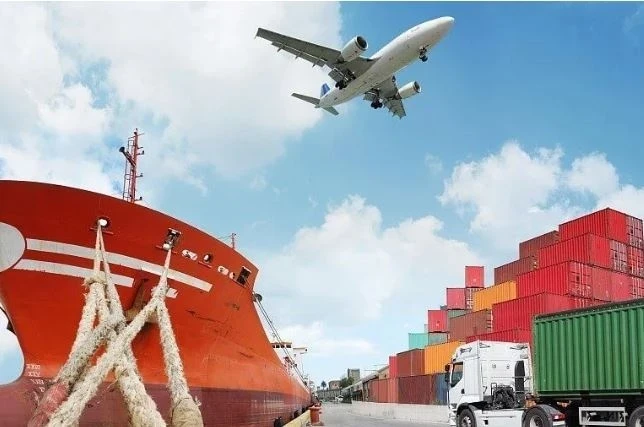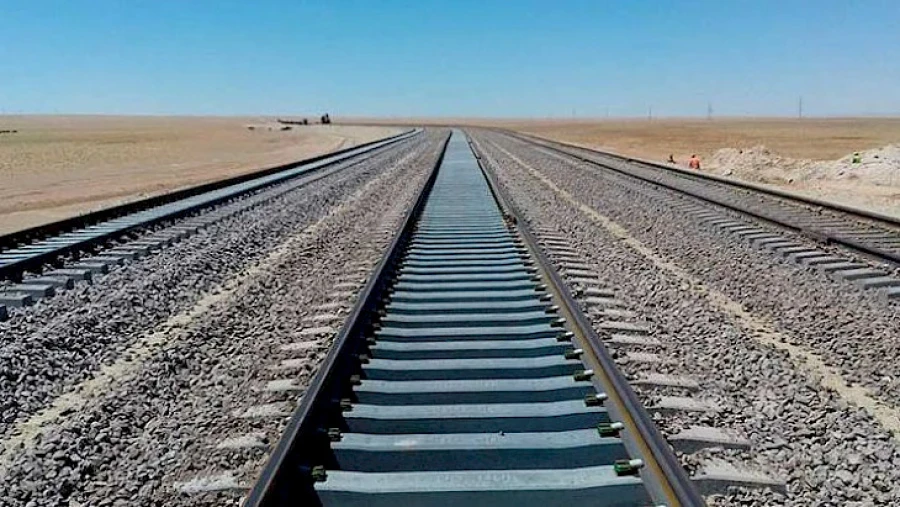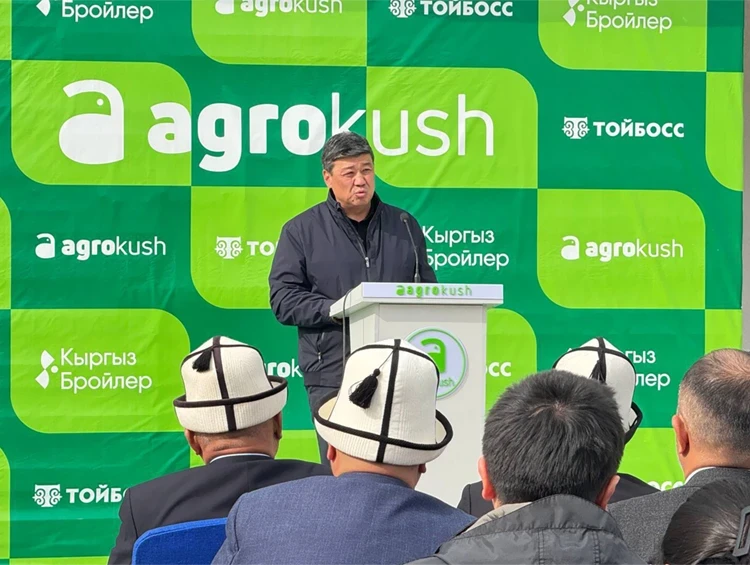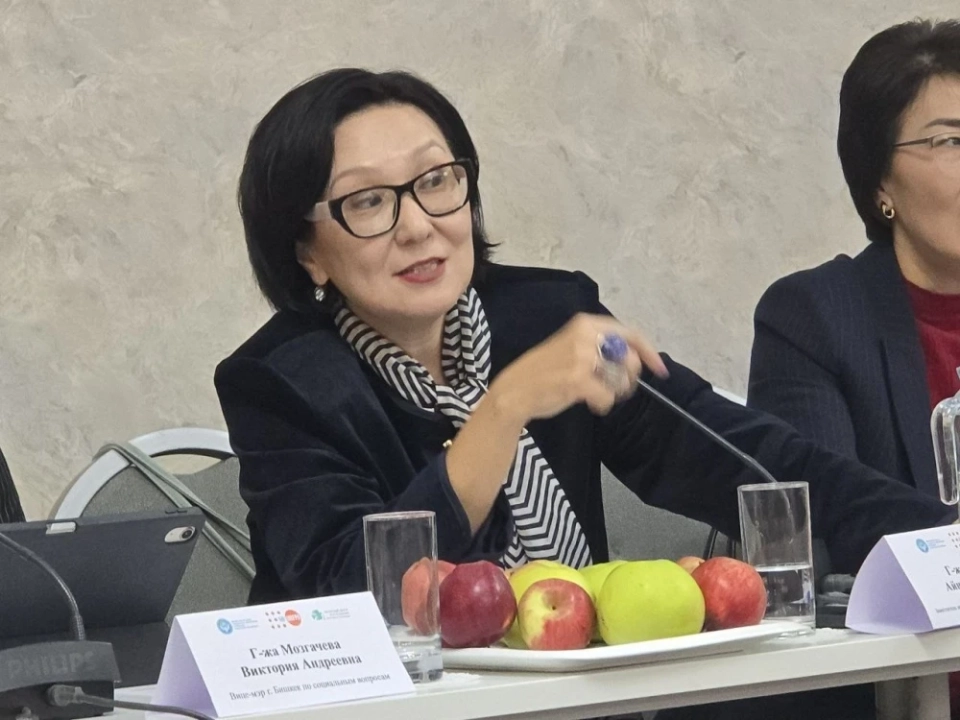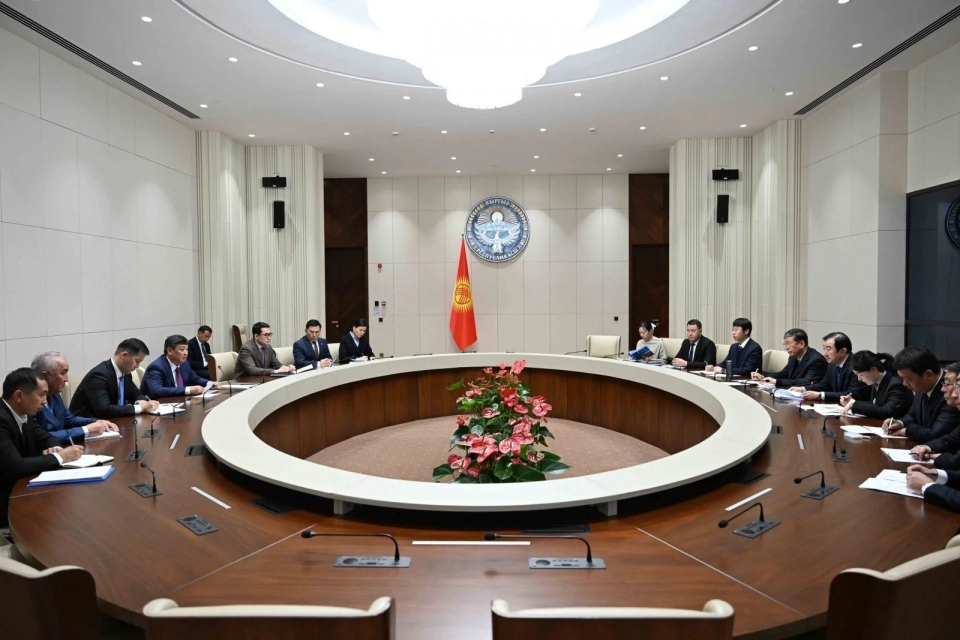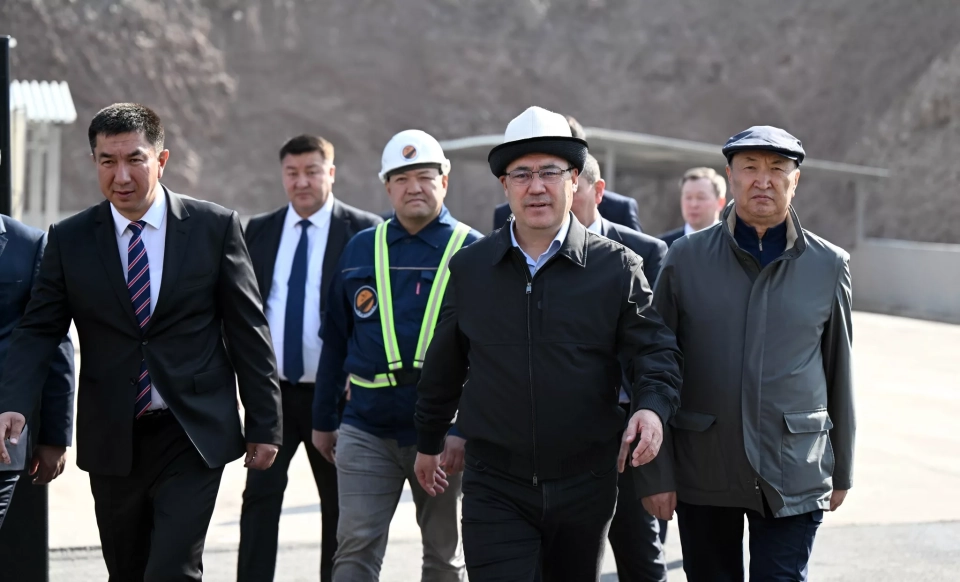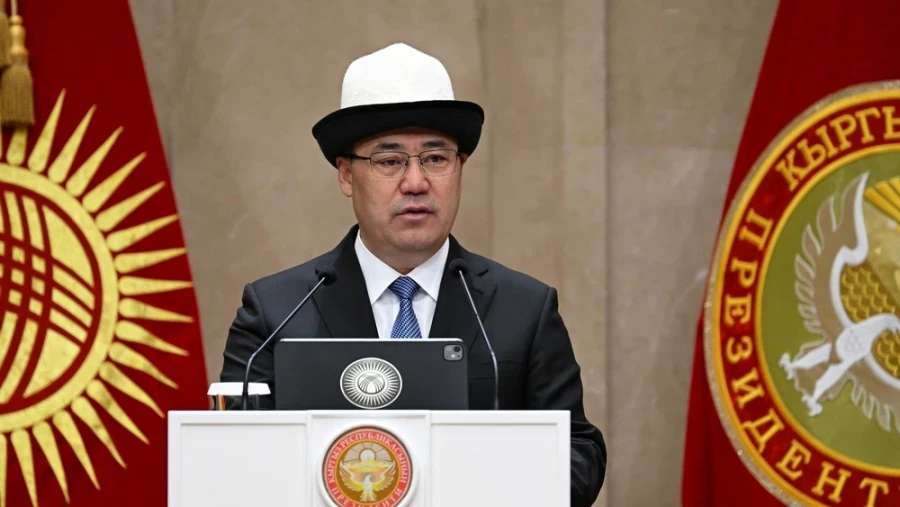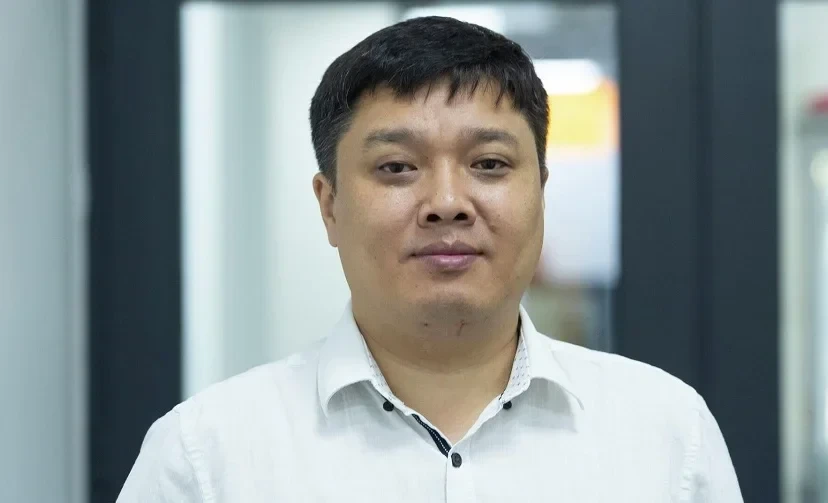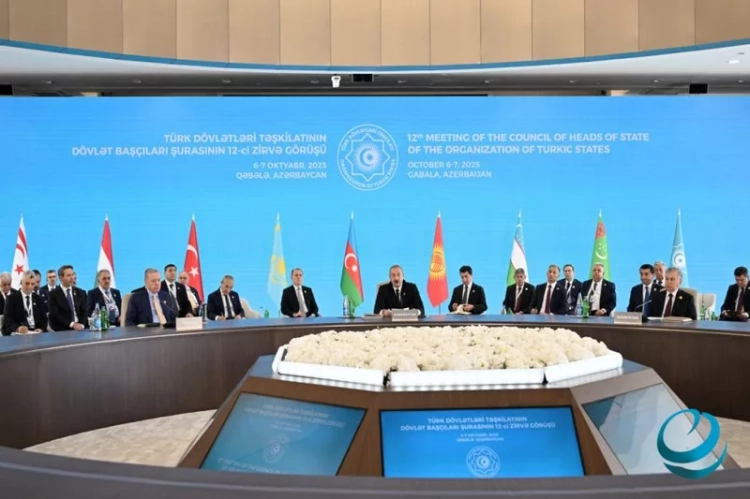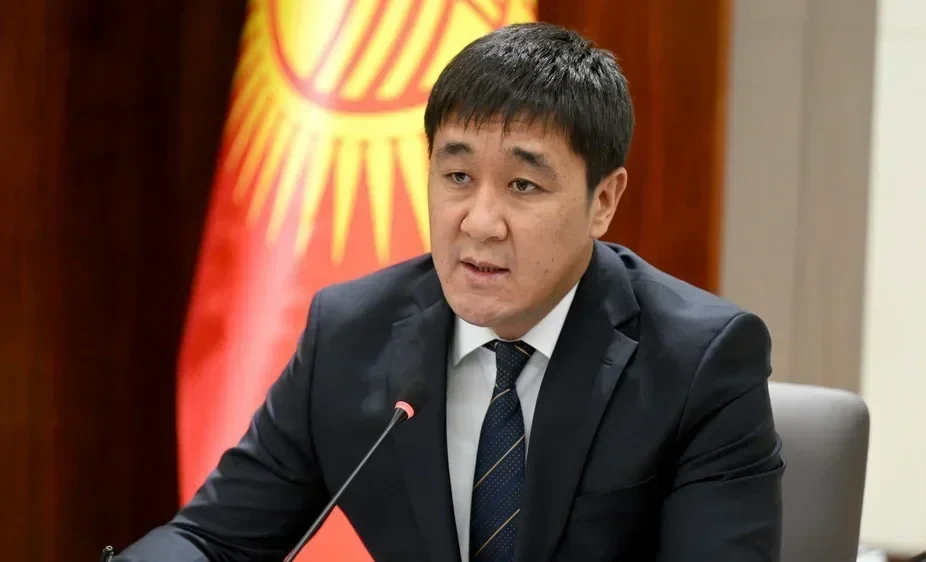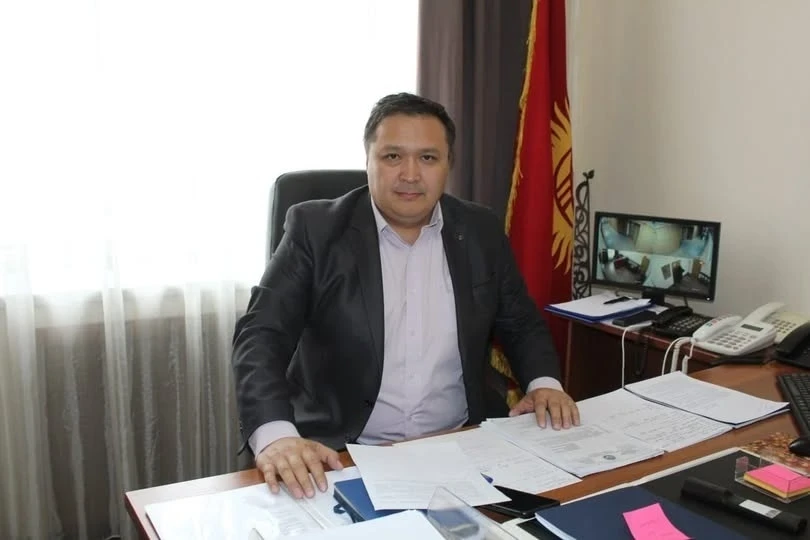
The plans for the construction of the China-Kyrgyzstan-Uzbekistan railway (CKU) are expected to be completed by 2030. Bakyt Degenbaev, the founder of the "Buy Kyrgyz" movement and former Deputy Minister of Energy and Industry of the Kyrgyz Republic, emphasizes the importance of planning in advance how Kyrgyzstan can effectively utilize this transnational railway.
In his opinion, the country will generate revenue from transit transportation after the construction is completed, but this should not be the only benefit. "It is important to determine in advance what exactly we will transport and how to fill the route," he added, noting that success will depend on addressing these issues now.
Degenbaev also suggests starting with the establishment of at least one enterprise for the repair of locomotives, with a minimum capacity of 50 locomotives per year, as preliminary forecasts indicate that annual cargo transportation could reach 15 million tons. He emphasized that the repair of rolling stock in the post-Soviet space requires serious modernization and a new systematic approach. "We are considering the production of our own wagons and hopper cars — these are investments that will pay off in the future," he added.
The current state of Kyrgyzstan's industry will not allow for sufficient export production by 2030, so measures need to be taken today to lay the foundations for the future. By that time, large-scale production facilities should emerge in the country, including in the chemical, petrochemical, and metallurgical sectors. Deep processing products from coal could become one of the export directions, considering that coal can be used to produce various goods for medicine, agriculture, and construction.
Moreover, Degenbaev noted that aquaculture in the country has enormous potential, given the availability of sufficient water resources. "We cannot provide ourselves with fish, even though the demand for it is high among neighboring countries," he stated. Similarly, the export of drinking water and agricultural products could also become a significant source of income.
Degenbaev also pointed out that the textile industry could become a new direction for Kyrgyzstan. According to him, developed countries are relocating production capacities to less developed regions where there is demand for textile products. He cited South Korea as an example, which, not being a major fabric producer, became a leader in fabric exports due to effective organization and processing.
In the context of the modern economy, based on electronics and new technologies, Kyrgyzstan could consider the production of pure monocrystalline silicon for the chip industry, which would become a top export product. "It is also necessary to utilize the potential of rare earth elements, which our land is rich in," he emphasized.
Degenbaev urged not to rest on our laurels and to explore opportunities for developing new sectors, such as machine engineering and high technologies. He proposed creating a separate Ministry of Industry that would focus on developing a new industrial policy and coordinating all issues related to economic development.
Regarding exports, it is essential to focus on the nearest neighbors — Kazakhstan, China, Tajikistan, and Uzbekistan. "This is our primary export circle," noted Degenbaev, adding that markets need to be continuously diversified and export relations developed with other regions, including Europe and the Middle East.
With the opening of the new railway, Kyrgyzstan has a unique opportunity to enter the era of global trade, and it is important to plan all steps in advance to make the most of this opportunity. "This could become our gold mine, and we must not turn into a raw material appendage," he concluded.
Suyunbek SHAMSHIEV
Source: silunews.kg

